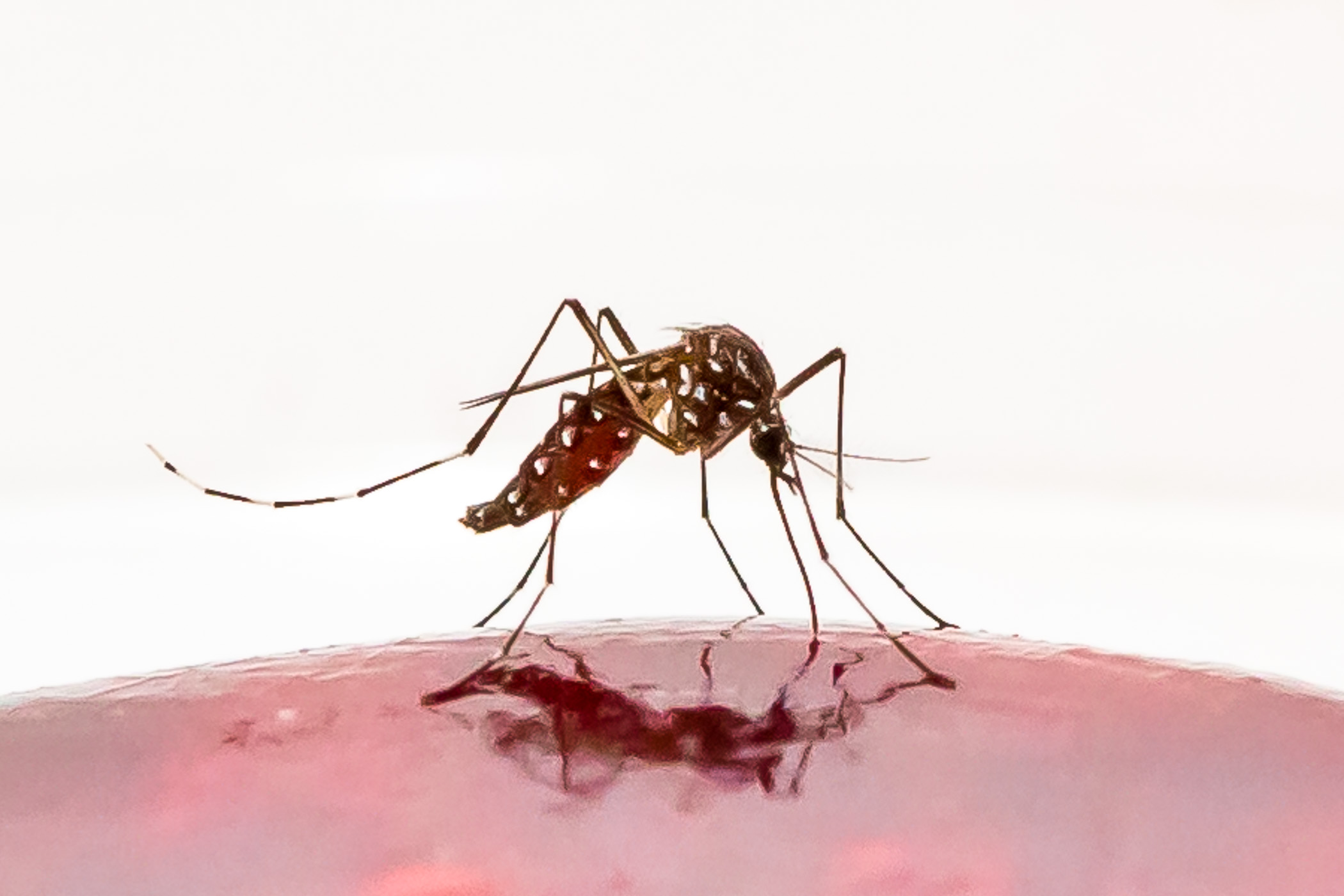Arbovirology
Arbovirus is a term used to refer to a group of viruses that are transmitted by arthropod vectors. New York is host to a number of endemic mosquito-borne arboviruses which include West Nile virus introduced in 1999, Eastern equine encephalitis virus, Jamestown Canyon virus, La Crosse virus, Trivittatus virus, South River virus, Potosi virus, Cache Valley virus and Highlands J virus. New York is also home to the tick-borne Powassan and Deer Tick viruses.

The Arbovirus Laboratory performs surveillance testing on mosquitoes, birds and mammals submitted from across the state, as well as confirmatory clinical serology on human sera. This testing incorporates molecular, cellular and immunological techniques to provide accurate and comprehensive results which inform public health decisions on local and state levels. More information about testing is available[1].
Given the dynamic interactions between pathogens, hosts and environment, arbovirus research is as important as surveillance to public health. Current research projects focus on understanding how arboviruses interact with their mosquito vectors and how these interactions affect virus evolution and transmissibility. The lab is also studying the effects of temperature on mosquito fitness and transmissibility and has additional projects assessing the capacity of new antiviral compounds to limit arbovirus replication.

